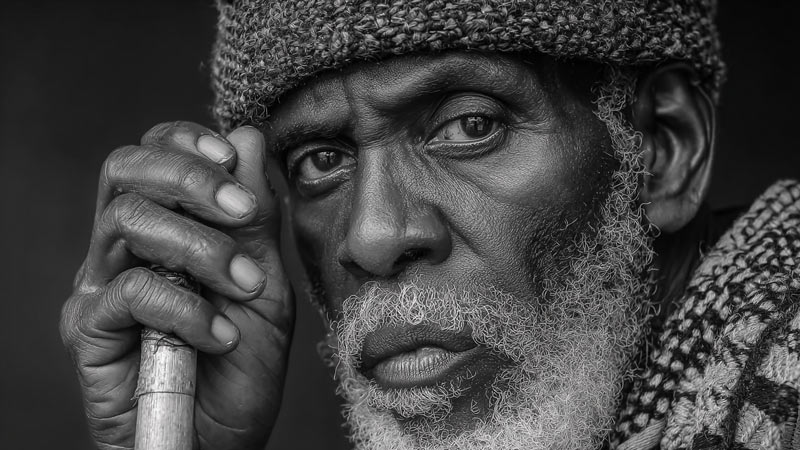
It’s easy to overlook the quiet strength and invaluable wisdom woven into our family histories. While technology and society continue to push us forward, there is profound value in pausing to look back—unlocking the stories of those who came before us. By exploring our ancestral roots, we not only honor their legacy but also discover lessons that can guide our own journeys.
Every family has a story—a tapestry of triumphs, trials, migrations, traditions, and dreams. These narratives are more than just interesting anecdotes; they are repositories of experience and hard-earned wisdom. When we take time to listen to elders or delve into genealogical records, we gain insight into how previous generations navigated adversity, celebrated joy, built communities, and adapted to change.
Learning about our ancestors helps ground us. It provides context for our identities and values. In understanding where we come from—whether through oral storytelling or preserved letters—we often find answers to questions about ourselves: Why do certain customs persist in our families? Where did particular beliefs originate? How did my great-grandparents overcome hardship?
One of the most consistent themes across family histories is resilience. Many of our forebears lived through wars, economic downturns, migration journeys, or social upheavals that tested their resolve. Their stories remind us that perseverance isn’t just an abstract virtue—it’s a lived reality passed down through generations.
For example, consider the immigrant ancestor who left behind everything familiar for the hope of a better life abroad. Their courage speaks volumes about embracing uncertainty and pushing beyond comfort zones. Or think of relatives who survived tough times during global conflicts or pandemics—their adaptability offers perspective when facing today’s challenges.
By learning how they coped with setbacks or loss—be it through faith, community support, ingenuity, or sheer determination—we inherit practical strategies for resilience in our own lives.
Family histories reveal the importance of relationships—not only within families but also with neighbors and communities at large. Our ancestors often relied on extended kin networks or close-knit neighborhoods for survival and celebration alike.
Traditions handed down—holiday meals cooked from secret recipes or rituals marking life milestones—remind us that shared experiences bind people together across time. Even as modern life pulls families apart geographically or culturally, reconnecting with these practices can foster belonging and continuity.
Moreover, understanding how earlier generations collaborated during difficult periods (organizing barn-raisings or pooling resources) inspires us to seek out collective solutions rather than going it alone.
Ancestral stories frequently highlight core values such as honesty, responsibility, kindness toward others—or sometimes offer cautionary tales when those values were neglected! Reflecting on these moments allows each generation to define what matters most while learning from both successes and missteps.
For instance: The tale of a grandparent standing up for justice in their workplace may encourage moral courage today; conversely, recognizing past prejudices within one’s lineage can motivate conscious efforts toward inclusivity now.
By examining these ethical crossroads faced by those before us—and discussing them openly—we become more intentional stewards of family legacy moving forward.
Our ancestors’ lives were shaped by change: new lands settled; industries transformed; languages learned; old ways adapted or let go. Yet many managed this evolution without losing touch with core aspects of their identity.
Their balancing act teaches us how to embrace progress while honoring tradition—a vital lesson as rapid technological shifts redefine workspaces and social norms today. Drawing inspiration from their adaptability enables us to face uncertainty with confidence rather than fear.
Unlocking ancestral wisdom isn’t just about personal growth—it’s also an act of stewardship for those yet unborn. Recording memories (through interviews or written accounts), preserving photos and artifacts, sharing recipes—all contribute to a living archive future descendants can draw upon for guidance and inspiration.
As you reflect on your own family history—or begin uncovering its threads—consider what lessons stand out most vividly. What strengths run like golden seams through your lineage? How might you embody those traits while forging your unique path?
In cherishing the voices of those who came before—and passing their insights onward—you help ensure that ancestral wisdom continues illuminating hearts long into the future.